Hybrid Car Leasing Deals
Hybrid car leasing - what's it all about?
Choosing a new car is an exciting time.
And the range of cars to choose from grows bigger and bigger every year.
Now, as well as selecting a make and model to suit your needs, you also have decisions to make concerning your power source.
So, do you stay with a traditional combustion engine or do you switch to electric? Or, do you go halfway and opt for a hybrid? It can feel like a daunting choice, but LeaseCar is here to make it easier for you.
The electric car revolution has moved at an incredible pace over the last decade. As recently as 2017, electric cars made up only 1.4% of global sales.
By 2021, they made up 8.6 %.
That's a sixfold increase and came during a time when the pandemic caused huge computer chip supply issues for the auto manufacturing industry.
Making hybrid and fully electric cars that perform as well as their combustion engine stablemates quickly became the goal of mainstream automotive technology.
Hatchback 1.5 Hybrid+ Trophy 5dr Auto
Personal Leasing £203.99 inc VATBusiness Leasing £169.99 ex VAT
Initial Rental £1,529.91 ex VATInitial Rental £1,835.89 inc VAT
Hatchback 1.6 Hybrid N-Connecta 5dr Auto
Personal Leasing £209.99 inc VATBusiness Leasing £174.99 ex VAT
Initial Rental £1,574.91 ex VATInitial Rental £1,889.89 inc VAT
Hatchback 1.6 Hybrid Tekna 5dr Auto
Personal Leasing £227.99 inc VATBusiness Leasing £189.99 ex VAT
Initial Rental £1,709.91 ex VATInitial Rental £2,051.89 inc VAT
Estate 1.5 Hybrid Icon 5dr CVT
Personal Leasing £259.56 inc VATBusiness Leasing £216.30 ex VAT
Initial Rental £1,946.70 ex VATInitial Rental £2,336.04 inc VAT
Estate 1.5 Hybrid Design 5dr CVT
Personal Leasing £273.02 inc VATBusiness Leasing £227.52 ex VAT
Initial Rental £2,047.68 ex VATInitial Rental £2,457.22 inc VAT
Hatchback 1.8 Hybrid Icon 5dr CVT
Personal Leasing £287.32 inc VATBusiness Leasing £239.43 ex VAT
Initial Rental £2,154.87 ex VATInitial Rental £2,585.84 inc VAT
Hatchback 1.2 Hybrid [136] Ultimate 5dr e-DCT6 [Fixed Roof]
Personal Leasing £290.39 inc VATBusiness Leasing £241.99 ex VAT
Initial Rental £2,177.91 ex VATInitial Rental £2,613.49 inc VAT
Estate 1.6T Plug-in Hybrid N Line S 5dr Auto
Personal Leasing £298.24 inc VATBusiness Leasing £248.53 ex VAT
Initial Rental £2,236.77 ex VATInitial Rental £2,684.12 inc VAT
Hatchback 1.5 TSI 204 Match eHybrid 5dr DSG
Personal Leasing £299.57 inc VATBusiness Leasing £249.64 ex VAT
Initial Rental £2,246.76 ex VATInitial Rental £2,696.11 inc VAT
Hatchback 1.8 Hybrid Design 5dr CVT
Personal Leasing £304.90 inc VATBusiness Leasing £254.08 ex VAT
Initial Rental £2,286.72 ex VATInitial Rental £2,744.06 inc VAT
Hatchback 2.0 PHEV Design 5dr CVT
Personal Leasing £346.74 inc VATBusiness Leasing £288.95 ex VAT
Initial Rental £2,600.55 ex VATInitial Rental £3,120.66 inc VAT
Hatchback 1.5 TSI 204 Style eHybrid 5dr DSG
Personal Leasing £364.56 inc VATBusiness Leasing £303.80 ex VAT
Initial Rental £2,734.20 ex VATInitial Rental £3,281.04 inc VAT
Estate 1.5 TSI eHybrid R-Line 5dr DSG
Personal Leasing £365.99 inc VATBusiness Leasing £304.99 ex VAT
Initial Rental £2,744.91 ex VATInitial Rental £3,293.89 inc VAT
Sportback 40 TFSI e S Line 5dr S Tronic
Personal Leasing £397.31 inc VATBusiness Leasing £331.09 ex VAT
Initial Rental £2,979.81 ex VATInitial Rental £3,575.77 inc VAT
Saloon 2.0 TFSI 299 e Quattro S line 4dr S Tronic
Personal Leasing £525.22 inc VATBusiness Leasing £437.68 ex VAT
Initial Rental £3,939.12 ex VATInitial Rental £4,726.94 inc VAT
Avant 2.0 TFSI 299 e Quattro S line 5dr S Tronic
Personal Leasing £538.00 inc VATBusiness Leasing £448.33 ex VAT
Initial Rental £4,034.97 ex VATInitial Rental £4,841.96 inc VAT
Estate 50 TFSI e Quattro S Line 5dr S Tronic [Tech Pack]
Personal Leasing £603.84 inc VATBusiness Leasing £503.20 ex VAT
Initial Rental £4,528.80 ex VATInitial Rental £5,434.56 inc VAT
Manufacturers are now racing against each other to release better and better models all the time. Today's marketplace offers reasonably priced hybrid and fully electric cars that outperform combustion models , the advanced technology enabled by huge recent investments in the EV industry.
For many drivers, there was no hesitation in making the switch from petrol or diesel over to a battery-powered, or partly battery-powered car. But, for others, the pros and cons make it a harder decision to make.
At LeaseCar, we believe that driving a hybrid car offers many benefits over driving a diesel or petrol model. It also offers more flexibility than driving a fully-electric car. It provides a workable solution for many drivers.
But, hybrid cars come in many different configurations, each suited to particular driving styles. It's important that you understand what types of hybrid cars are available and what each one is capable of.
We've put this useful guide together to help you decide if leasing a hybrid car is the right move for you. If you'd like any more information, or if you'd like to discuss your hybrid leasing options with us, just give our team a call .
We keep our knowledge of this fast-moving sector up to date and comprehensive. That means that we can give you the best advice based on the latest technologies and improvements.
We also know what might be just around the corner when it comes to innovation.
It's a topic we're very enthusiastic about. It certainly spells out the future for the automotive industry. What you have to decide is when is the right time for you to make the switch.
Of course, if you're already driving a hybrid car or van, you'll already know the benefits (and you'll be enjoying plenty of guilt-free miles when it comes to doing your bit for the environment).
Let's move on…
What is a hybrid car?
A fully electric car is easy to describe… it has no engine as such. It's run by a battery and an electric motor . Simple. They've been around for a while now and need very little explanation!
However, a hybrid is more complicated. And they've not been around long enough for everyone to be 100% clued up on them. In the grand scheme of things, they're relative newborns.
A hybrid is a sort of ‘halfway house' that falls between a conventional engine and a fully electric motor. It combines the power of the internal combustion engine (ICE) with an electric motor, powered by a battery.
There are different types of hybrid and different configurations of each type.
Some hybrid setups just use the combustion engine as a generator. These cars are known as range-extender or ‘series' hybrids. They're powered by electric motors and the internal combustion engine provides no direct drive.
Other hybrid cars combine electric motors with the internal combustion engine. Some have set-ups that can switch between the two power sources. Within a few years, manufacturers will move models to increased levels of electrification.
This means that more and more power is being moved over to the pure ‘electric' part of the setup, lowering emissions still further and creating increasingly ‘green' hybrid cars.
Since the launch of the UK's first hybrid car, the Toyota Prius, in 2000 , the range of economical, eco-friendly options available has grown at a rapidly increasing rate.
Today, there are hybrid hatchbacks, vans, SUVs, saloons and more available, and the prices have reduced dramatically. This makes driving a hybrid a financially realistic option for many more drivers who might not have considered a greener car before.
A hybrid car offers better efficiency, tax reductions and a whole heap of environmental benefits, including drastically reduced CO2 emissions (that's one of the main gasses responsible for climate change).
Choosing the right type of hybrid is important. You'll need to consider your requirements, your budget, driving needs and preferences.
At LeaseCar, we believe that driving should be fun too , so don't forget to choose a car that you're going to enjoy spending time in.
With so many hybrids available today, we can pretty much guarantee you'll find one that puts a smile on your face - as long as you do your homework (spoiler: read this guide first!).
We're here to provide all the information that you need to make a confident decision about choosing a hybrid car as your next lease vehicle.
Here we explain the key differences between a full hybrid, mild hybrid and plug-in hybrid so that you can decide which one might be your perfect road partner:
Full hybrid cars
From an operational point of view, you don't notice much difference from a standard combustion engine-powered car. You put fuel in like a regular vehicle and drive!
The hybrid system cuts in automatically as and when required. This reduces your fuel consumption dramatically and provides a boost to power when it's needed.
When you slow down or stop the car, the combustion engine cuts out and you'll be driving on electric power that's stored in the battery. When you put your foot down, the combustion engine fires up and delivers a hefty whack of oomph. They can be incredibly quick off the mark.
As the electric motors are built into the drivetrain, full hybrid, or ‘parallel hybrid', cars can travel short distances on electric power only , so they provide big environmental benefits.
This means that they also provide attractive tax benefits as well as other incentives, such as exemption from charges in clean air zones in certain UK cities.
Distances on fully-electric power are limited because the batteries are relatively small. However, the upside of this is that they can be charged up to full capacity quickly by the engine when you're in motion.
Full hybrid cars provide the same total driving range as comparable petrol or diesel cars.
You don't have to worry about your battery running out and leaving you stuck somewhere as the battery is constantly being charged by the engine and the car never needs to be plugged into an electric charging point.
If your battery does run flat, you can always drive on petrol or diesel alone and the engine will get to work in the background charging the battery back up.
Full hybrids are generally considered a good option for drivers who are doing a lot of miles. They only come with an automatic gearbox and make for a smooth, enjoyable driving experience .
Mild hybrid cars
The next option on the table is the mild hybrid. A mild hybrid works similarly to a full hybrid, but there are key differences.
They use an electric motor combined with a combustion engine. But, unlike the full hybrid, the power sources cannot be used independently of one another. The electric motor is designed solely to assist the main conventional engine in providing drive.
Mild hybrid cars are typically the lowest cost type of hybrid car to lease . They have a simpler setup than other powertrain types. This gives drivers modest power and improved efficiency.
Mild hybrid systems have been developed to allow the energy that's lost when you brake to be fed back into the batteries. This energy is then used to supplement the power supplied by the engine.
Recently, manufacturers have also started to offer mild hybrid systems that don't assist the engine in actually powering the car. These systems harvest kinetic energy and use it to power electrical systems within the vehicle.
If you didn't know the mild hybrid system was there, you wouldn't know that a mild hybrid car was anything other than a standard combustion model. Mild hybrid cars drive no differently and you can even get mild hybrids with a manual gearbox .
Plug-in hybrid cars
A plug-in hybrid, sometimes just referred to as a PHEV, is a car that needs to be plugged into an electrical charger to charge the batteries that provide it with power.
The plug-in is essentially a car that moves closer to the fully-electric vehicle than a mild or full hybrid. It has bigger batteries that can hold more charge.
They're not charged by the engine, they're only charged by the external power source. This provides you with a far bigger electric-only mileage range than a full or mild hybrid.
That has benefits both for your pocket, your company car tax bill and, of course, the environment.
A plug-in hybrid's main benefit over other types of hybrid comes from its ability to drive on electric-only power for a really useful range due to the larger batteries.
You can charge the car up overnight and get a full day's driving out of the charge the next day , enjoying near-silent travel on fuel-saving electric mode. Most plug-ins offer around 30 miles of driving and savvy drivers rarely exceed this limit.
The other option when it comes to maintaining fully-electric driving is to charge up at another location during the day.
Many plug-in hybrid drivers travel to work and charge up during their working day before returning home. This means that you can theoretically drive a plug-in hybrid just like you'd drive a fully-electric car, never using the combustion engine.
Although, you'll never have to worry about running out of e-juice either as that conventional engine is always there to help out in an emergency!
One of the key takeaway benefits of driving a plug-in hybrid in this way is that you're driving without emitting harmful gasses into the atmosphere.
When the car runs on fully-electric power, you're effectively driving on ‘zero emissions'.
That's a huge plus point to those who are concerned about their impact on our planet (and if you're not concerned, you probably should be!)
Plug-in hybrid vehicles used to be unrealistically priced but now most manufacturers offer affordable options.
If you're considering a plug-in hybrid car, you'll need to think about electric vehicle home charging.
Let's summarise the key differences between full hybrid, mild hybrid and plug-in hybrid cars
The main differences between the three types of hybrid cars:
-
Full hybrids and mild hybrids don't need to be plugged into an external power source. Plug-in hybrid vehicles do (as the name suggests!)
-
Mild hybrids can't travel on electric power only. Full hybrids and plug-in hybrids can travel on either electric or conventional power.
-
Plug-in hybrids can complete longer journeys on electric power alone, providing they are fully charged. Check the spec of each car you're considering. The range offered varies between models.
-
Full hybrids and mild hybrids will use at least some fuel for all journeys. Plug-in hybrid vehicles are capable of using no conventional fuel at all.
The benefits of driving a hybrid engine vehicle
Hybrids are exciting to drive. New models are lightning quick off the mark thanks to that instant electric power that's there as soon as you put your foot down.
Driving a hybrid isn't so different to driving a petrol or diesel-powered car , but you'll probably feel the power when the electric motor kicks in at the traffic lights.
This is especially the case with a plug-in hybrid car - instant power gratification is one of the most commonly mentioned benefits mentioned by new hybrid car drivers.
But there are other benefits to consider apart from the pure thrill of driving this way.
Let's take a look at why a hybrid car might just be a great choice for you
Hybrid cars are more environmentally friendly
Unless you've been living on another planet, you can't fail to have noticed that the problem of global warming is becoming more and more important to solve. That means that we all have to do our part.
One of the main causes of global warming is the harmful emissions from diesel and petrol-powered vehicles.
That means that there is a huge incentive to find alternative, cleaner ways of fuelling our cars.
One of the most notable benefits of hybrid cars when it comes to lending the planet a hand is that they use less fossil fuel than conventional cars . That means lower emissions and more guilt-free motoring for you.
Hybrid cars are greener, cleaner and far better for the environment when they're driven efficiently.
If you're not ready to go fully electric, or your circumstances mean that it's not practical for you, changing to a hybrid vehicle is one of the single best things you can do to reduce your carbon footprint. Read more about how CO2 affects our planet.
Hybrid vehicles are cheaper to run
According to independent research by Which?, hybrid cars offer far better fuel economy than their petrol or diesel equivalents.
The research also found that the drivers of hybrid cars reported fewer faults and breakdowns as well as comparatively less severe faults than drivers of petrol and diesel cars.
The figures on fuel efficiency improve year on year. Earlier hybrids outperformed petrol and diesel cars marginally but they're now beating them hands down.
With petrol and diesel prices getting higher and higher - and sadly showing no sign of falling - fuel efficiency has never been more important. Driving a hybrid car can end up saving you hundreds, if not thousands, of pounds a year, especially if you're racking up a lot of miles.
All this data means that not only will you be spending less on fuel, but you should be spending less on repair bills too.
They recharge as you drive
Many full or mild hybrid cars have regenerative braking. This means that the battery recharges as you drive thanks to energy being harvested from the braking system .
All this advanced technology enables you to make longer journeys without having to stop and charge up, which you might have to do with a fully-electric car.
One of the main barriers to electric driving for many people is the question of mileage range.
This is especially the case for drivers who live in more rural locations.
Fully-electric cars are simply not practical in some situations. Driving a mild or full hybrid means no charging is required.
Of course, you're also not going to get stranded somewhere due to a flat battery if you're driving a hybrid. If you run out of charge, the combustion engine is still there!
Hybrid cars attract tax benefits
Driving a hybrid car means that your road tax is cheaper: Hybrid cars cost less to tax than conventional cars with petrol or diesel engines.
And, if you're driving for business, there are even more tax perks.
If you drive a company car that is also used for private journeys, it's classed as a taxable Benefit-in-Kind (BiK).
The amount of tax that drivers have to pay is influenced by the car's CO2 emissions. This means that hybrid cars have become more and more popular with business drivers looking to save some money.
Here's how it works. The calculation is based on what's called the ‘taxable value' – a percentage of the car's list price.
This percentage becomes progressively larger for models with higher CO2 emissions.
Tax bands were updated in April 2020, introducing ultra-low rates for cars with CO2 emissions of 50g/km or less (this covers the majority of plug-in hybrids) and differentiating between them based on their fully-electric electric range.
Read more about company car tax benefits for hybrid cars here.
Avoid Ultra Low Emission Zone charges
To reduce pollution and improve air quality in city centres, local authorities are introducing clean air zones, also known as low emission zones (LEZ), to cities across the UK.
If your car exceeds the emissions standards set for the zone, you have to pay a fee to enter that area. London's Ultra Low Emission Zone (ULEZ) is an existing example of how this might work.
Realistically, it's caused a huge problem for drivers having to enter these zones regularly. However, we agree that it's necessary to reduce the impact our cars make on the environment.
Let's face it, they're something that we could all do without!
To be ULEZ compliant, hybrid cars must meet the same standard as petrol or diesel cars. Petrol hybrids must meet Euro 4 standards and diesel hybrids must meet Euro 6 standards.
Are there any drawbacks to hybrid cars?
There are always pros and cons to any choice and it's no different when you're choosing between a hybrid, fully-electric or conventional car.
It's up to you to weigh up the benefits against the potential drawbacks to decide whether a hybrid car is right for you at this time.
If you're having trouble deciding, or would like to talk to our team, give us a call . It's our mission to make sure that all our customers have all the information they need to make the right decision.
If you lease a car from us, we'll be in it for the long-haul together (between two to four years) so we want you to have the best possible experience.
Of course, hybrids have particular drawbacks for certain drivers, so you must be aware of them before making any decisions.
Let's take a look:
Hybrid cars have two drivetrains
Hybrids have both an electric motor and an internal combustion engine. This means you've got two drivetrains with unique maintenance requirements.
This has the potential to add complications when it comes to repairs. Although hybrid drivetrains are no longer ‘brand new technology', mechanics need to be on board with the ins and outs of how both the conventional engine and the electric engine work as well as how they combine.
To make things easy for our customers, if you add a Total Care option to your leasing agreement with LeaseCar, we can take care of the maintenance , servicing and repairs as part of your lease deal.
Electric motors have fewer ‘moving parts' so don't require the same level of maintenance but they still need expert attention.
Hybrid cars might have less power
Creating a car with two drivetrains means that both have to be of a smaller size than one single drivetrain occupying the same space under the bonnet.
This means that a hybrid might be less powerful than the fully-electric or internal combustion-only powered version.
This isn't always the case as hybrid technology has come on in leaps and bounds, but it's always worth checking the spec carefully if power is a priority for you.
Hybrid models can cost more
The cost has always been an issue when it comes to fully-electric and hybrid cars. While the price gap between combustion-powered cars and hybrids isn't as large as the gap between combustion-powered cars and fully electric vehicles, it's still an issue.
We recommend you weigh up the savings that you can make on fuel, tax and, potentially, repairs against the slightly higher monthly lease cost.
It's always worth remembering too that driving a hybrid car is significantly less harmful to the environment than driving a petrol or diesel car. That means that you're investing in the future and the quality of life of future generations.
Hybrid cars sometimes handle differently
A car with two drivetrains means a car carrying more weight. And more weight affects how the car handles.
Hybrid handling has improved greatly over recent years but it's still worth making sure that you're happy with how your particular model moves on the road before deciding to go ahead with your lease agreement.
Hybrid cars might have temperature-sensitive batteries
Extreme cold can negatively affect the battery's range so you might find your fuel consumption increases during a hard winter.
Cold temperatures can also mean that more time is needed for the battery to reach operating temperature . This means that the combustion engine has to do more work, thus increasing fuel consumption.
Plug-in hybrids need a plug!
But, of course, they do. It might not be a problem for some people but it is worth considering the logistics of sitting at a charging point or how you'll get the power you need out to your garage.
For rural drivers, public charge points are often few and far between so make sure that you factor this in when you're deciding if a plug-in hybrid is right for you.
What are the best hybrid cars to lease?
How long is a piece of string? The best hybrid car to lease will vary from person to person. It depends very much on your expectations, driving style and driving needs.
There is a massive range of hybrid cars available to lease , so make sure you consider a few options before making a decision.
Most manufacturers now offer hybrids of all types… and we have them all available at LeaseCar.
Having said that, if you can't find the hybrid car you're looking for on our stock pages , give our team a call. We can source just about any car available in the UK and our staff love nothing more than a challenge.
When you're deciding on a hybrid vehicle, pay particular attention to the electric-only mileage range (if applicable), electric battery charge-up time (if applicable) and fuel consumption.
There are huge differences across all types of hybrid, with prices that reflect the various options available.
Why you should lease your next vehicle
Leasing a hybrid vehicle from LeaseCar works in the same way as leasing a petrol or diesel car from us.
You decide on your car, the lease length, annual mileage and other details, and then you pay a fixed monthly rental for the duration of your lease.
We have some great hybrid car lease deals every month, browse our stock pages or talk to our team to find out more about our hybrid car lease offers .
Green leasing has never been easier!
There are huge benefits to leasing your car rather than buying it or financing it using a traditional finance company. You can often choose a car that your budget would otherwise rule out as leasing is a cheaper option.
You get to enjoy fixed low monthly rentals, lower maintenance costs and optional inclusive insurance (Total Care) not to mention never having to worry about depreciation or resale problems again. To find out more about the benefits of leasing a car, check out this car leasing guide from our expert team!
LeaseCar's Total Care combined lease and insurance packages
At LeaseCar, we aim to make driving as simple and hassle-free as possible for all our customers. That's why we offer a Total Care option.
Total Care is an insurance and maintenance package that can be added to your leasing agreement.
This means that your monthly rental will include your insurance costs and other maintenance , repairs and service charges.
Choosing our Total Care package is a great way to combine your monthly costs, making them more manageable and saving you the time and hassle of having to contact third-party insurance companies and repair garages.
If you have any questions or would like to discuss your options further, don't hesitate to get in touch. We're always happy to help .
For further information relating to electric cars, car leasing, maintenance, business contract hire, and more , head over to our guides page!

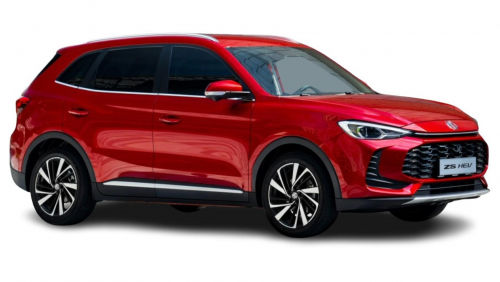
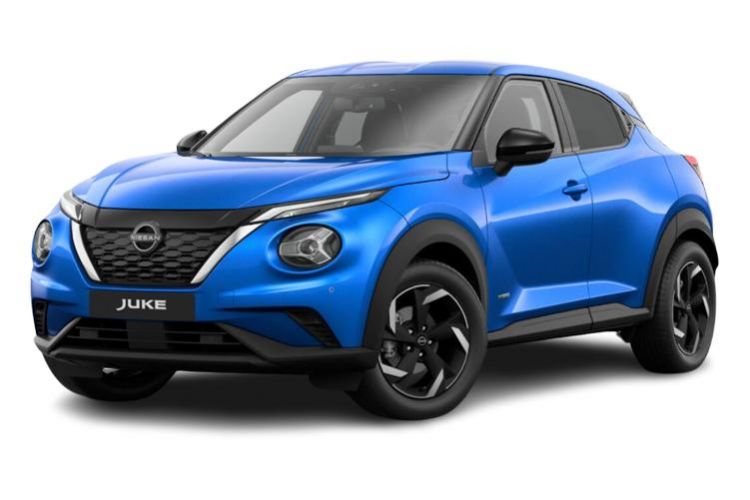

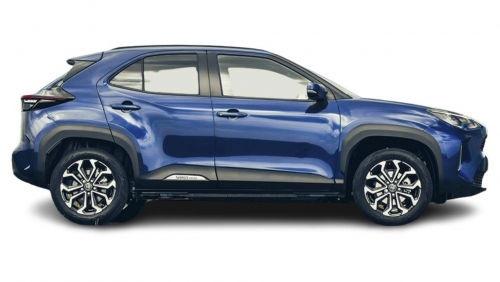
![Vauxhall Grandland Hatchback 1.2 Hybrid [136] Ultimate 5dr e-DCT6 [Fixed Roof]](/images/main/cars/3/new_vauxhallgrandland0724_white.jpg.pagespeed.ce.75Nt-mvHr-.jpg)
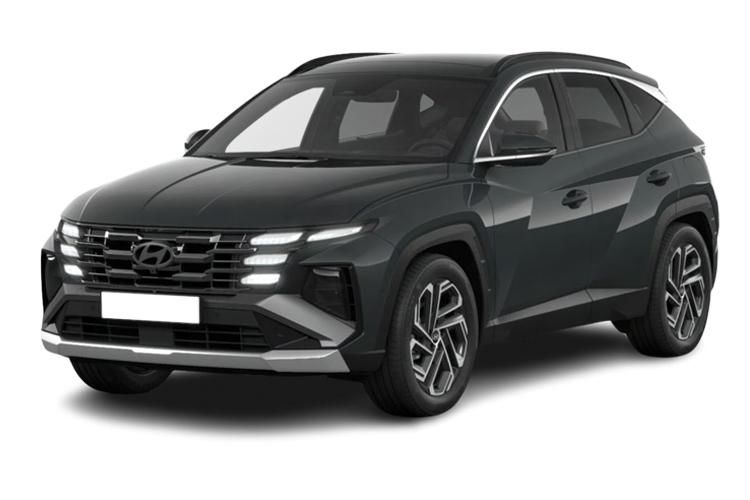
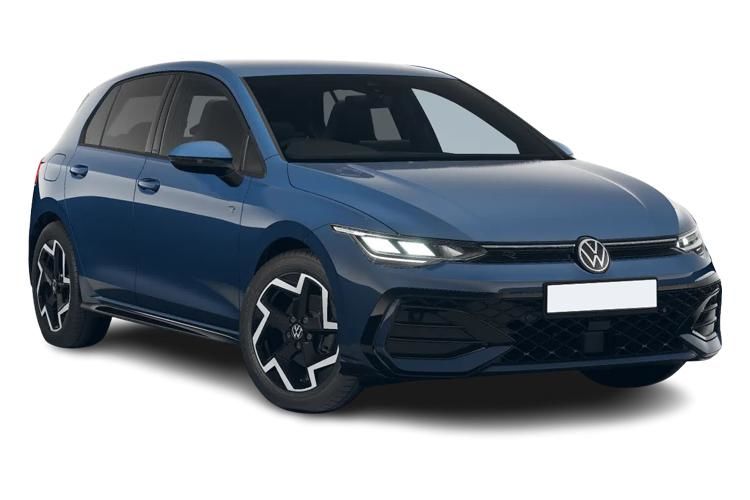
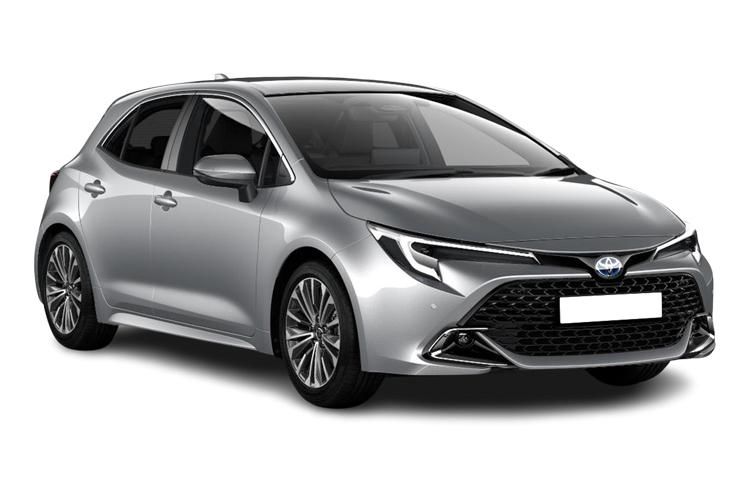
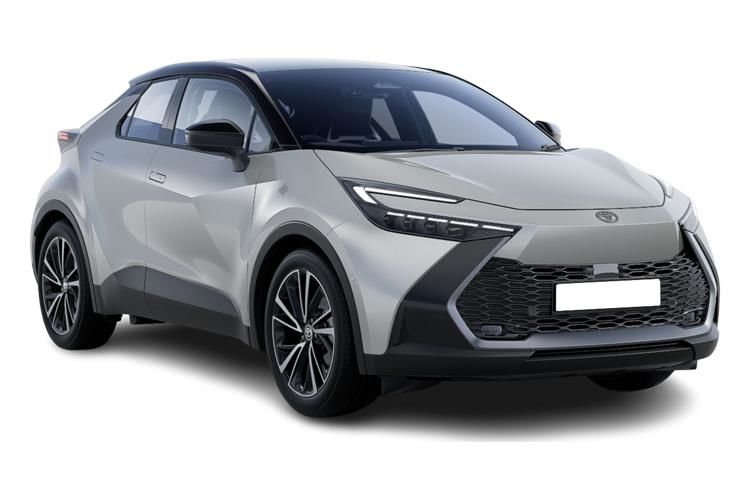
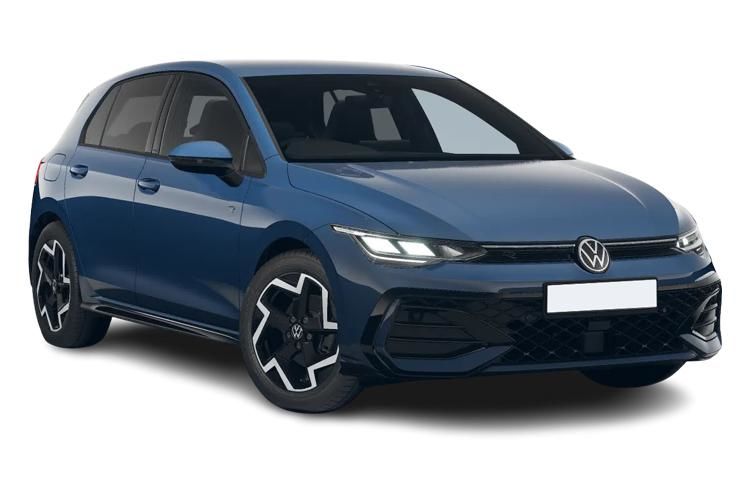
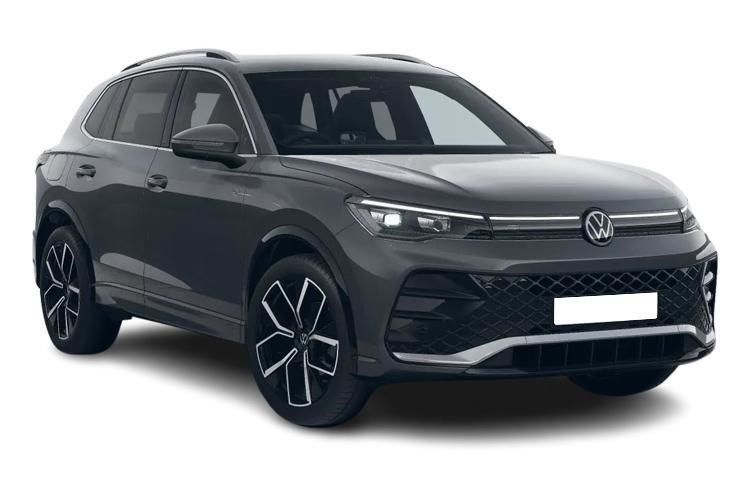
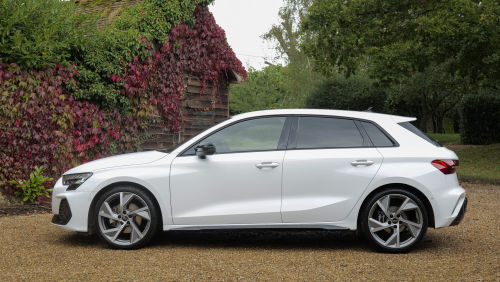
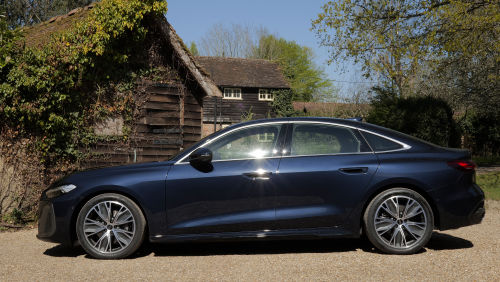
![Audi Q5 Estate 50 TFSI e Quattro S Line 5dr S Tronic [Tech Pack]](/images/main/cars/1/3/1009660/audi_q5_50_tfsi_e_quattro_s_line_5dr_s_tronic__tech_pack__front_view.jpeg.pagespeed.ce.9S_pooRO7W.jpg)

